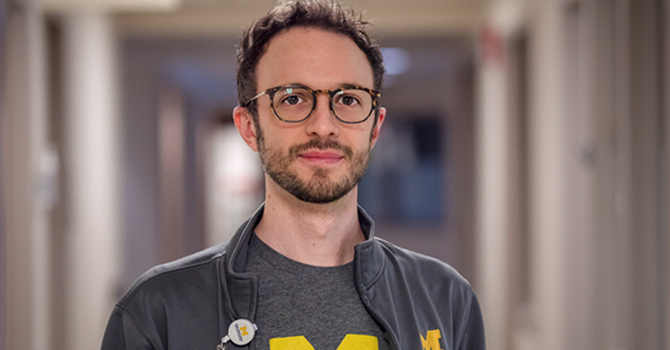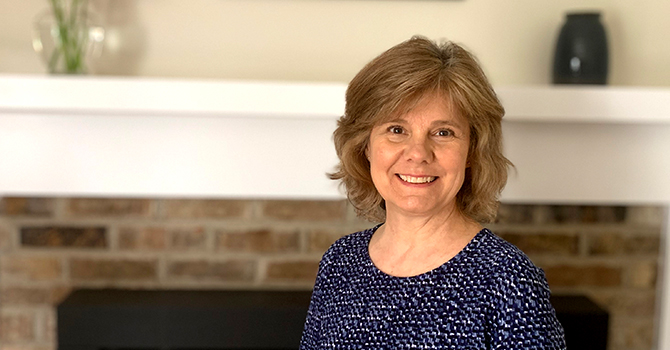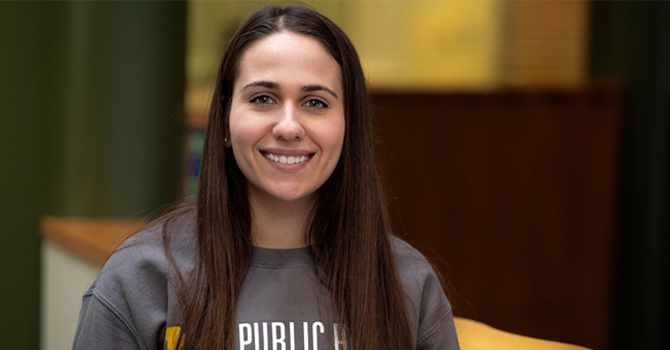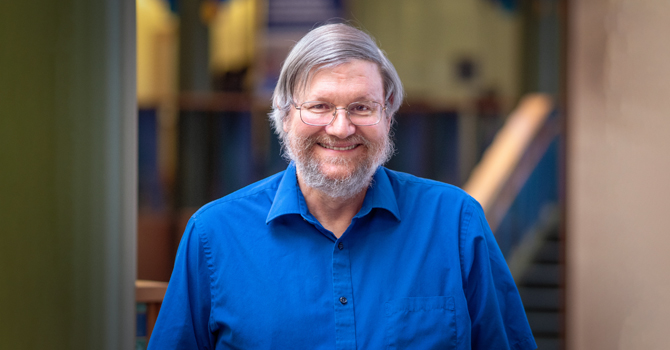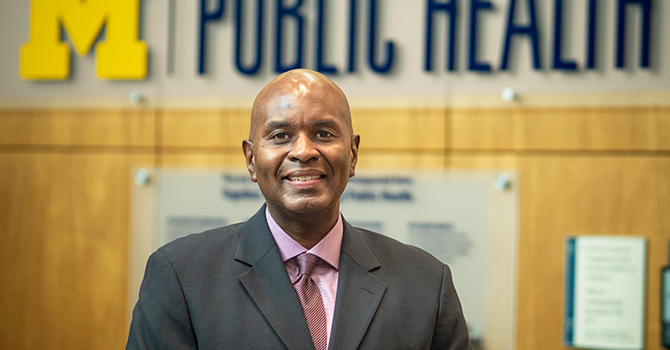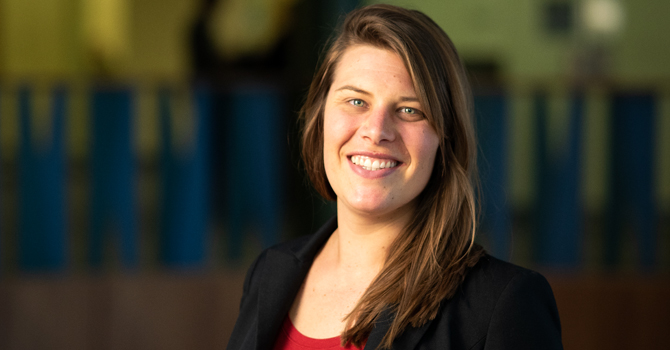
A Global Journey for Sustainable Public Health
Adriane Kline
Over years and many miles of travel, master’s student Adriane Kline has honed her ability to integrate intercultural learning, thoughtful communication, team science, and a passion for the health of communities into long-term, sustainable, population health solutions.

